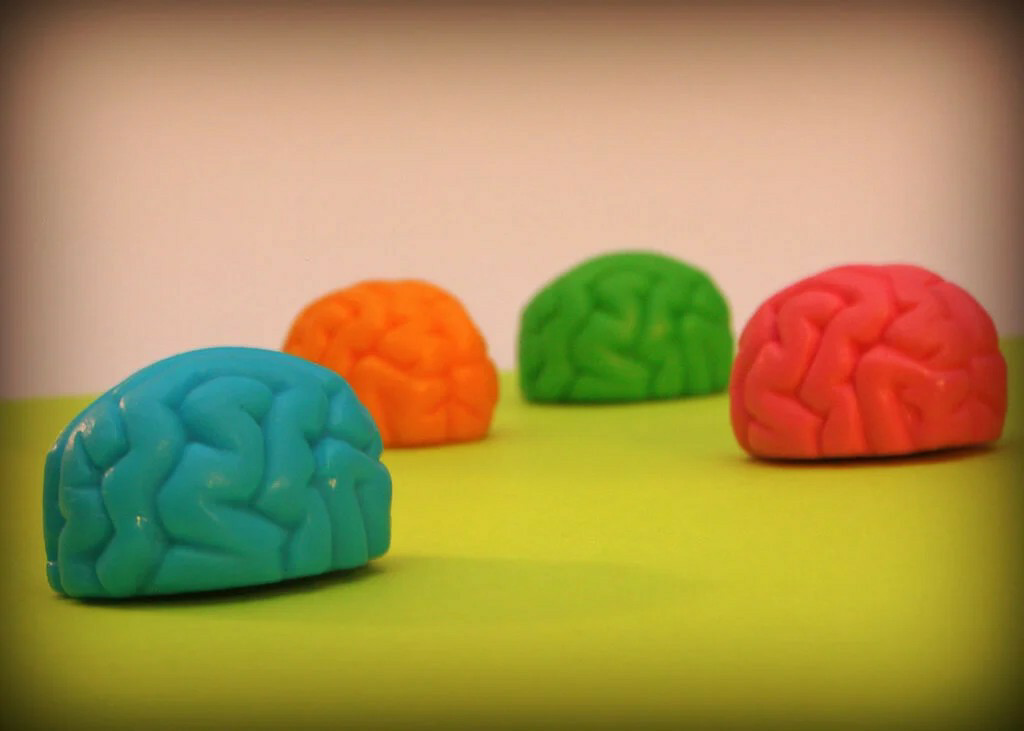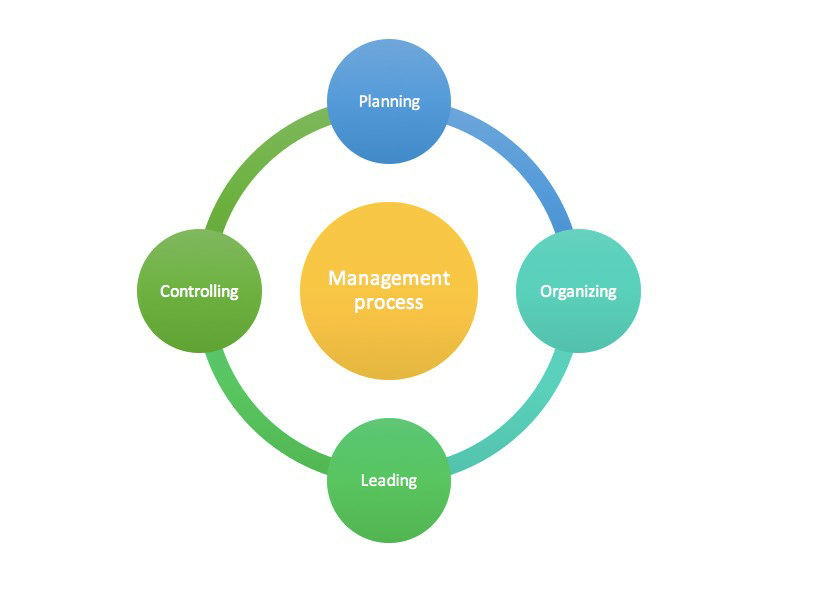According to Steve Jobs, “Simple can be harder than complex: You have to work hard to get your thinking clean to make it simple.” By understanding and learning to apply these universal principles, you are more likely to excel as a manager in any organization. Read this blog to learn the five principles of great management.
Principle No. 1: The Functions of Management
While managers often view their work as task or supervisory in orientation, this view is an illusion.
At the most fundamental level, management is a discipline that consists of a set of five general functions: planning, organizing, staffing, leading and controlling. These five functions are part of a body of practices and theories on how to be a successful manager.
Understanding the functions will help managers focus efforts on activities that gain results. Summarizing the five functions of great management.
Planning: When you think of planning in a management role, think about it as the process of choosing appropriate goals and actions to pursue and then determining what strategies to use, what actions to take, and deciding what resources are needed to achieve the goals.
Organizing: This process of establishing worker relationships allows workers to work together to achieve their organizational goals.
Leading: This function involves articulating a vision, energizing employees, inspiring and motivating people using vision, influence, persuasion, and effective communication skills.
Staffing: Recruiting and selecting employees for positions within the company (within teams and departments).
Controlling: Evaluate how well you are achieving your goals, improving performance, taking actions. Put processes in place to help you establish standards, so you can measure, compare, and make decisions
Principle No. 2: The Types and Roles of Managers within the Organization
Organizational structure is important in driving the business forward and every organization has a structure. No matter the organizationally specific title, organizations contain front-line, middle, and top managers. Above the top management team are a CEO and a board of director levels. To see this structure even more clearly, visualize a pyramid model. The more you move toward the top of the pyramid, the fewer managers you have. All of these management roles have specific tasks and duties. According to Jones and George, “A managerial role is the set of specific tasks that a manager is expected to perform because of the position he or she holds in an organization.” These skills can be gained with a degree in organizational management.
All great managers play important roles in this model. One important thing to remember is from Henry Mintzberg, a management scholar who researched and reduced thousands of tasks performed by managers to 10 roles (ICPM). His model points out that there are three main types of roles all managers play; they are decisional, interpersonal, and informational. In the decisional role, managers can perform in an entrepreneurial manner, as a disturbance handler, resource allocator or negotiator. In an interpersonal role, managers may be figureheads, leaders, and liaisons. In the informational role, they monitor, are disseminators or spokespersons, and they share information.
Principle No. 3: Effective Management of Organizational Resources
An essential component of operationalizing the organization’s strategic plan is allocating resources where they will make the most impact. In fact, Dr. Ray Powers (2015), associate dean in the Forbes School of Business & Technology, argues that it is the most important thing to do.
“I define resources as people, time, money, and assets — and of course the basic definition of a project is to have a goal and a start and end date — for pretty much any activity we do,” he explains.
Managers participate in operational planning and budget planning processes and, in doing so, actively determine what should be done, in what order it is to be done, and determine what resources are appropriate to be successful in achieving the plan. Keep in mind that this is not a personality contest. The strategic plan and its specific objectives determine what is important and what may not be as important.
Principle No. 4: Understanding and Applying the Four Dimensions of Emotional Intelligence (EQ) in Maximizing Human Potential
Effective managers understand the context and culture in leadership situations. What helps these managers succeed? It is simple; they understand EQ (the competencies in each dimension of emotional intelligence).
Those four dimensions are: a high self-awareness, social awareness, self-management, and good social skills. All of these competencies are important, and they lead to great connections with people. They lead to stronger and more effective managerial performance. EQ is a very important component for excelling as a supervisor.
The job of the manager is to find a way to turn a team member’s skill and talent into a higher level of performance. This idea doesn’t suggest manipulation at all. Instead, it is about maximizing human potential, one team member at a time. It is as much art as it is science.
Dr. Diane Hamilton, program chair in the Forbes School of Business & Technology, recently described a candidate seeking a position on the faculty senate with having a high EQ. Dr. Hamilton, a highly skilled professional who possesses knowledge and skill in the area of Meyers Briggs Type Indicator, recognizes the importance of EQ.
“He demonstrates emotional intelligence and exemplifies the high caliber of candidate I would like to represent the FSB,” she said about the candidate.
Principle No. 5: Know the Business
A common axiom in management is that a qualified manager can manage any business. This point is only partially true. It is true that most managers are generalists rather than specialists; however, many very successful managers began their careers in specialist roles. What most successful managers bring to their work in leading crews, departments, divisions, and companies is both a solid knowledge of the business (they are very experienced) and a solid knowledge of the principles of great management. Manager aspirants must first learn the characteristics of the business by doing, working in the trenches, and discovering how the various pieces of the organization work together to become a universal whole because very good managers discover what is universal in the business and capitalize on it to advance the business and improve performance.











.jpeg)

